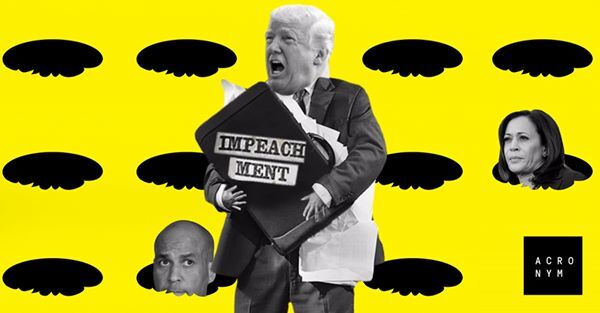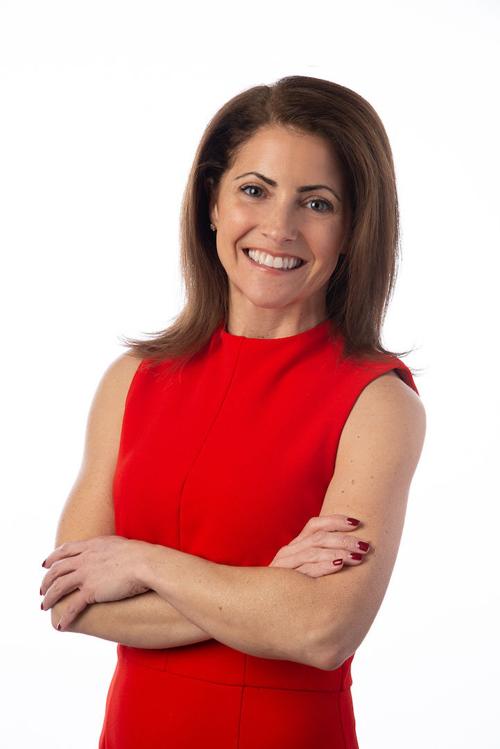Online atlas puts trends, tweets, posts and polls in political perspective
What happens in polls doesn’t always happen at the polls and that’s why a University of Virginia politics prognosticator has teamed up with an international research firm ahead of the November presidential election.
Ipsos, a French firm that provides information and research gleaned from the internet and social media to corporations, governments and in public polls, is combining efforts with the University of Virginia Center for Politics and Sabato’s Crystal Ball to give political junkies insight into the increasingly fractured U.S. electorate.
The team has created Political Atlas to provide not only polling figures but spending trends and hot items and topics on social media and internet searches. The information goes from the national scene down to the state and, in some cases, the county level.
The atlas can be found at political-atlas.com and is free.
“We have worked with Ipsos for two elections cycles now, 2018 and 2020,” said Kyle D. Kondik, managing editor of Sabato’s Crystal Ball. “They have built some really cool and innovative tools that measure social media sentiment, model presidential job approval at the county level, and many other trends.”
Kondik said the Crystal Ball’s political analysis adds context to Ipsos’ figures.
“We provide to them our race ratings to add a qualitative element to the quantitative research they produce,” Kondik said “Ipsos is a major international pollster, and they are great to work with.”
“It’s more important than ever to provide as much context as possible to political polling numbers,” Clifford Young, president of U.S. public affairs at Ipsos, said in a statement.
Support Local Journalism
“On-the-ground analysis of what issues are being discussed on the internet and in the media, what people are seeing on their social media feeds, how many new cases of COVID-19 there are in a given state, how bad unemployment has gotten, these factors all matter a great deal and we ensured they were a major feature in our platform,” Young said.
Some of the information is less than shocking. Virginians, the atlas indicates, support Democrat Joe Biden over President Donald Trump. Biden has a 56% favorability rate in the election across the state while Trump has a 41% approval rating.
Locally, the atlas shows 50% of Albemarle County residents approve of Trump, even though 56% favor Biden. It is possible in the figures to both approve of Trump’s performance but prefer to vote for Biden. Trump’s approval rating has jumped 11% in the last week.
Charlottesville residents, on the other hand, give Trump only a 23% approval rating and that rating has dropped 2% in the last week. The city residents favor Biden by 70%, according to the atlas.
The site provides information on how the candidates are faring in the public view and provides fundraising totals, voting methods, spending on Facebook ads, social media sentiment and the most shared articles on social media per topic.
Topics and issues that may impact an election at the last minute are included in the atlas along with rising trends. The coronavirus remains the most important on social media in Virginia with 33% of social chatter regarding the pandemic.
But the virus has dropped in importance since the death of U.S. Supreme Court Justice Ruth Bader Ginsberg and the Supreme Court nomination has jumped to the second most-discussed social media topic at 16% of posts.
The atlas also breaks down which candidate was mentioned more often in social media posts regarding community passion topics like abortion, guns, racism and the economy and which posts were shared the most in those topics.
The social media chatter is important as it provides a context behind the polls, Kondik said.
“I think it is interesting to follow, but I also don’t think it’s at the point where one could or should base projections on it,” he said. “In other words, polling is still the best way of measuring voter sentiment.”












